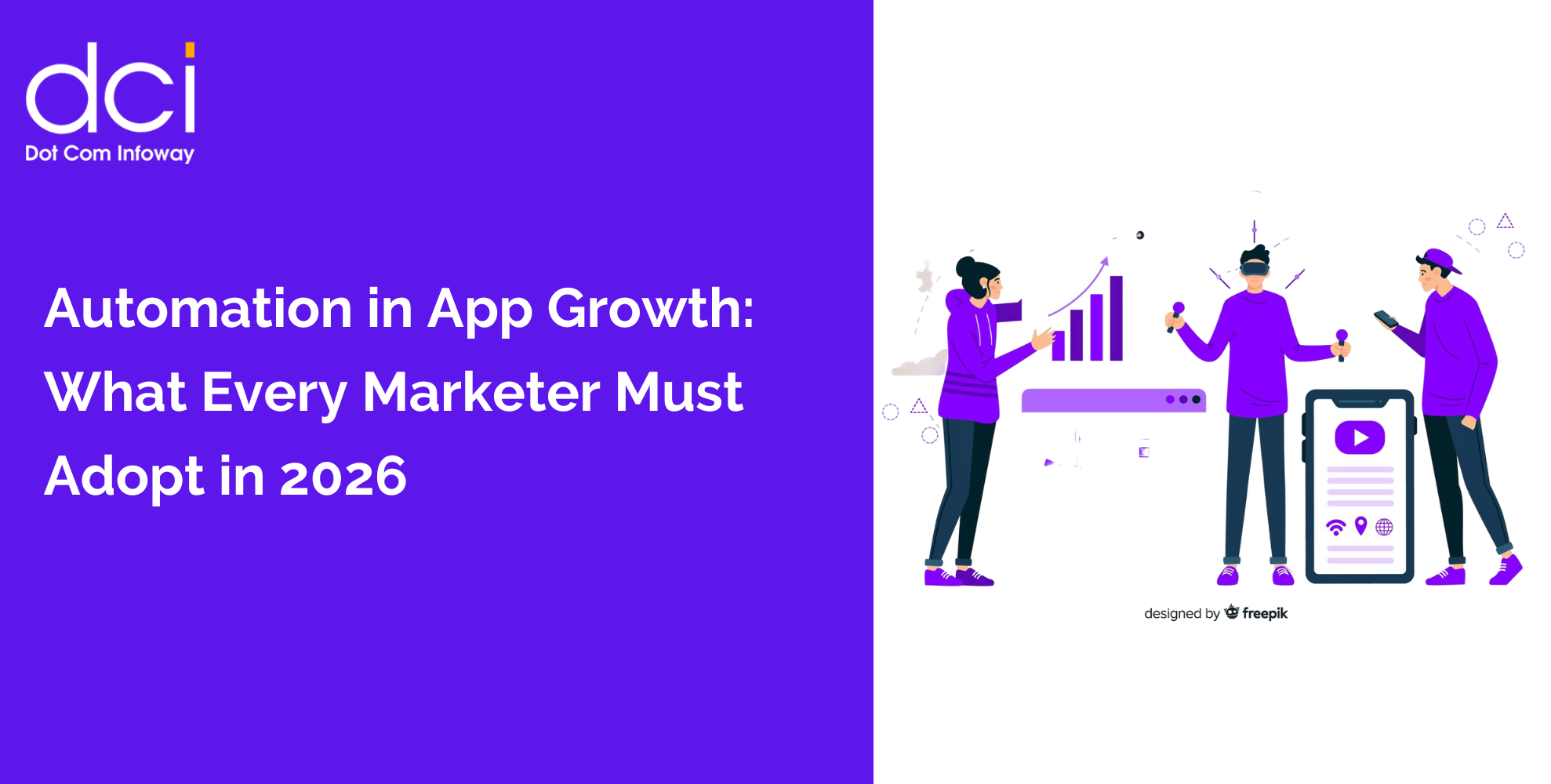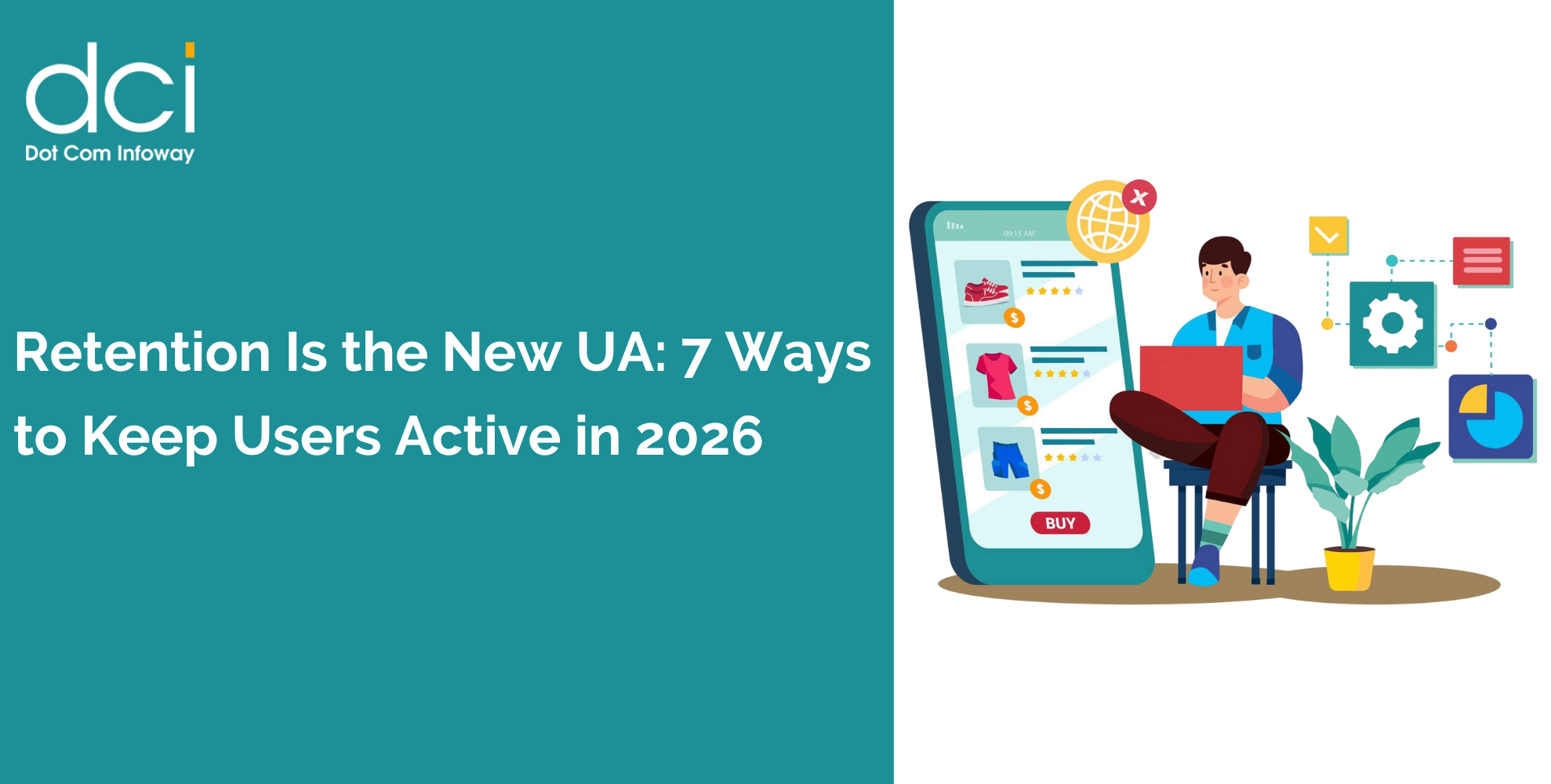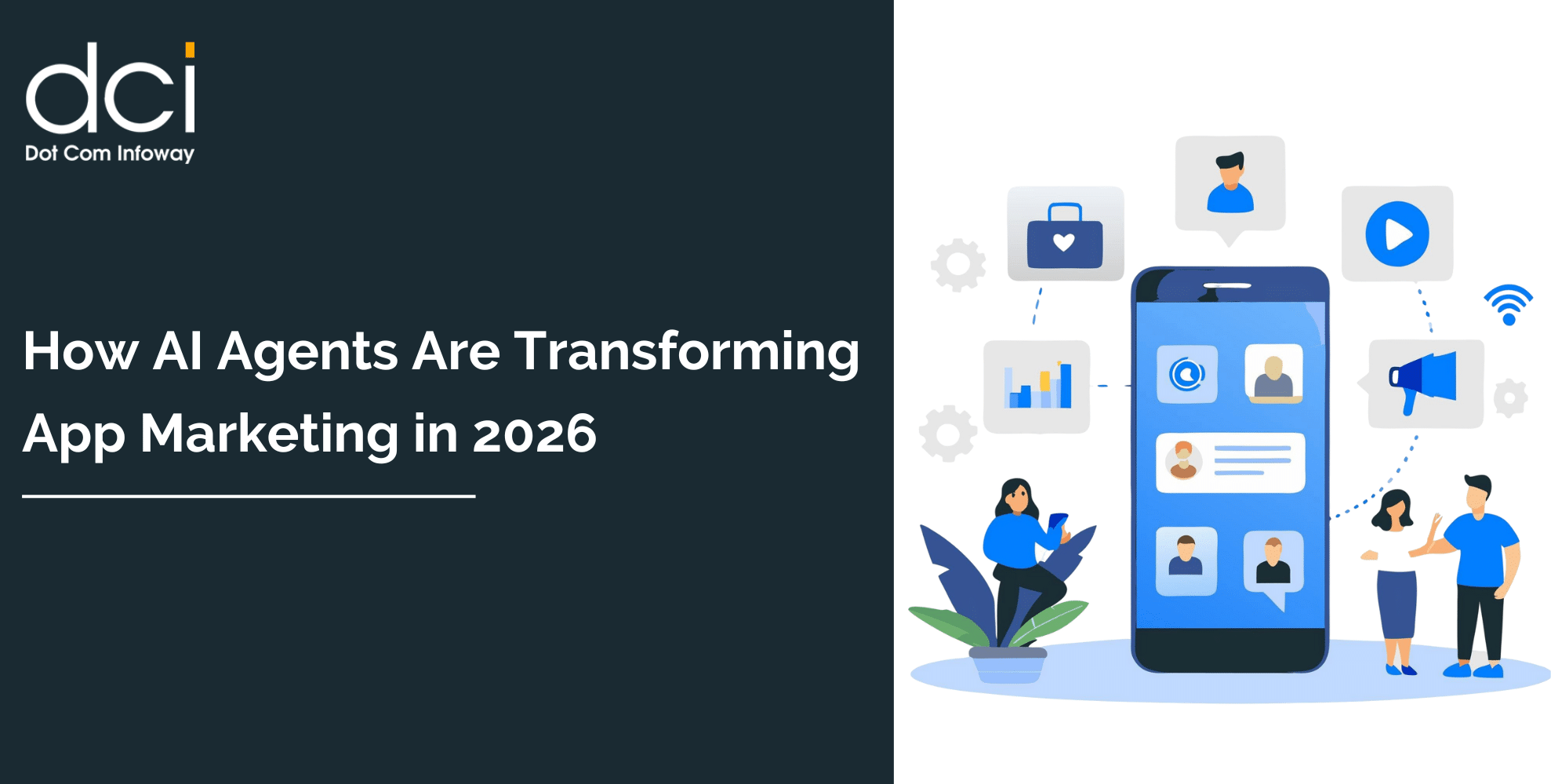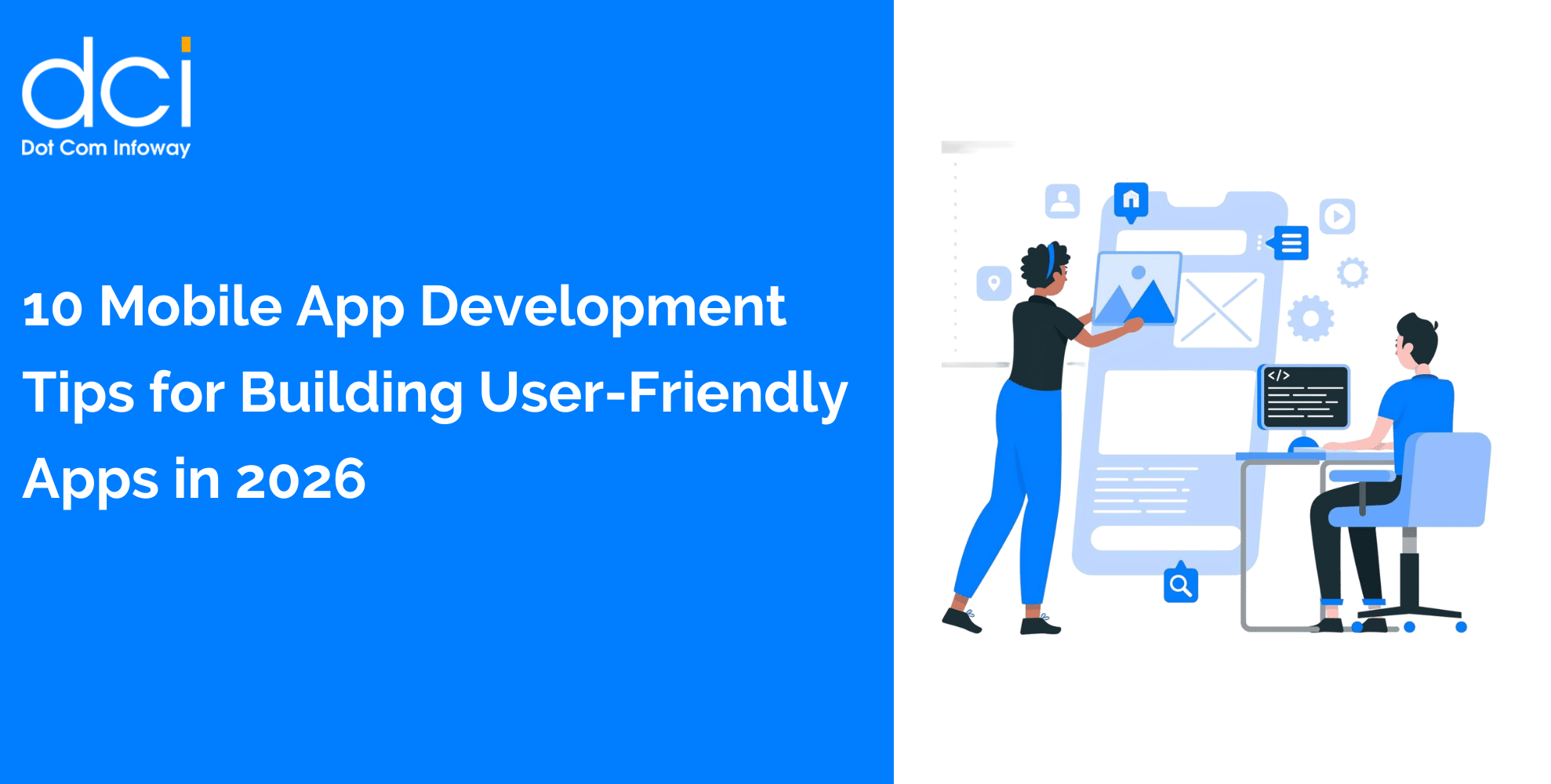Understanding the Role of App Store Analytics in ASO
App Store Analytics gives you the data you need to make informed decisions about how to improve your app’s discoverability and performance. These analytics provide valuable insights into app downloads, user engagement, ratings, reviews, and much more. With the right interpretation of these data points, you can refine your ASO strategy to increase organic downloads, improve user retention, and ensure your app stands out in an increasingly competitive marketplace.
By analyzing trends over time, you can determine which keywords are driving the most traffic, which demographic segments are most engaged, and what actions users are taking once they’ve installed your app. These insights are pivotal for making changes that directly affect your app’s ranking on the app stores.
Key Metrics to Track in App Store Analytics
To begin refining your ASO strategy, it’s essential to know which metrics matter the most. Key metrics that should be tracked include:
App Downloads and Impressions: These metrics help you understand how often your app is being seen and downloaded by users. Monitoring these figures can show you the impact of changes you make to your ASO strategy, such as optimizing your app’s title, description, or keywords.
Conversion Rate: This metric shows you how effectively your app’s page is converting views into actual downloads. A high conversion rate suggests that your app’s title, icon, and screenshots are appealing to users. If this rate is low, it might indicate that you need to revise your metadata or improve the app’s appeal.
Retention Rate: The retention rate helps you track how many users continue to use your app after their first download. A high retention rate is essential for long-term success, as it means users find value in your app and continue to engage with it.
Average Rating and Reviews: Ratings and reviews play a significant role in your app’s visibility and success. By tracking changes in your ratings and reviews, you can identify patterns or recurring issues that may need addressing.
Keyword Performance: Analytics can show you how well your app is ranking for specific keywords. This helps you understand which keywords are working well and which ones need improvement.
Analyzing User Behavior with App Store Analytics
User behavior analysis reveals how users interact with your app. Analytics show which screens users spend the most time on, which features they engage with, and where they drop off. This data is invaluable in understanding the user experience (UX) and identifying areas where improvements can be made.
For example, if users frequently abandon the app after a particular action, it might indicate that the user interface is confusing or that there’s a problem with your onboarding process. Addressing these issues can lead to better user engagement, improved retention, and higher conversion rates.
How to Use App Store Analytics to Optimize Your ASO Elements
Once you have access to your app’s analytics, you can begin making targeted adjustments to your ASO elements. Here are a few strategies to consider:
Title and Description Optimization
Your app’s title and description are two of the most important factors in app store ranking. App Store Analytics can show you which keywords are helping your app rank better and which are underperforming. With this information, you can revise your title and description to include high-performing keywords that will help you reach your target audience.
For instance, if your analytics show that certain keywords bring more users to your app’s page, incorporating those into your title or description could lead to higher visibility. Additionally, optimizing your app’s description to highlight its core features and benefits clearly can improve conversion rates and attract more users.
Improving App Screenshots and Videos
App Store Analytics can help you identify which app screenshots or videos attract the most views and downloads. Users tend to engage more with visuals, and the right images can make all the difference when users are deciding whether to download your app. If analytics reveal that users aren’t interacting with your app’s visuals, you may want to test different screenshot designs or incorporate a demo video to showcase key features.
Monitoring and Responding to Reviews
Tracking app reviews is crucial for your ASO strategy. Analytics can show you the overall sentiment of your reviews, whether positive or negative, and help you identify recurring issues. By responding promptly to user feedback, addressing concerns, and making necessary improvements, you can improve user satisfaction and retain loyal users.

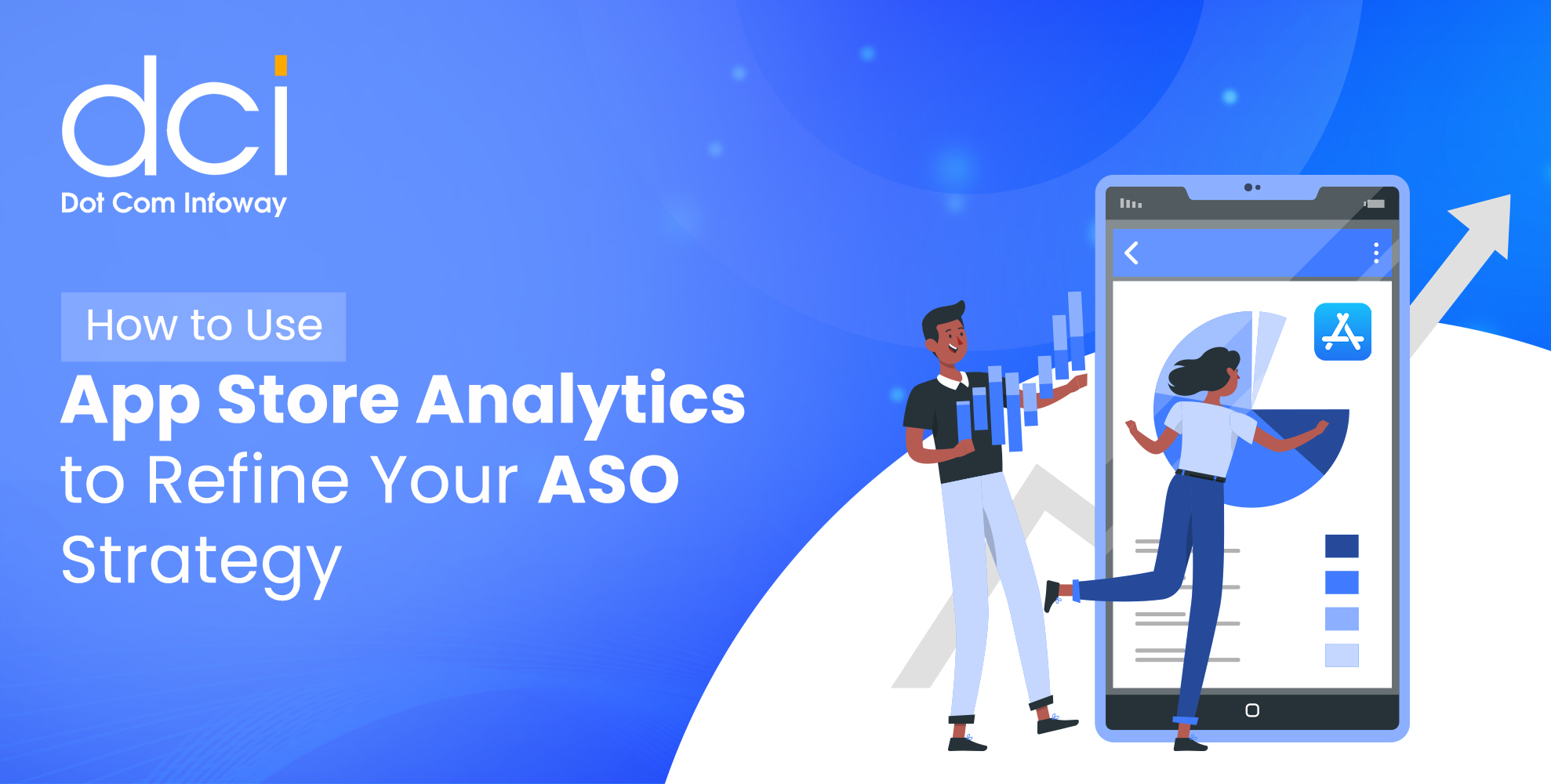





![The Game Marketing Guide: Pre and Post-Launch Strategies [Infographic]](https://www.dotcominfoway.com/wp-content/uploads/2023/09/DCI-Game-Marketing-blog-1.jpg)
